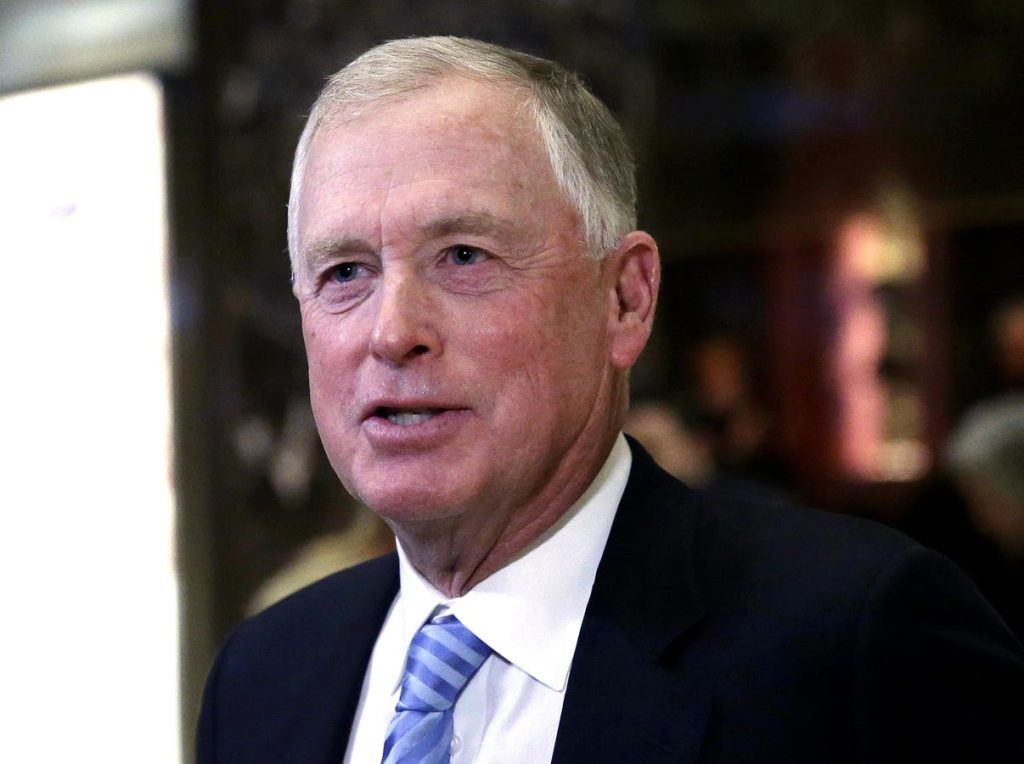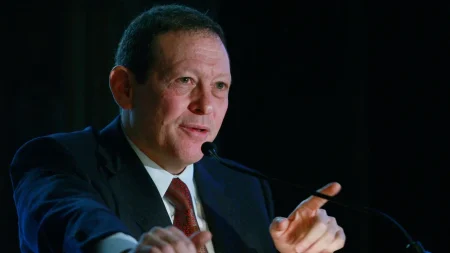Carvana’s Meteoric Rise Faces Scrutiny Amidst Short-Seller Allegations and Financial Concerns
Carvana, the online used car retailer that has witnessed a remarkable surge in its stock price in recent years, finds itself at the center of controversy following a report by short-selling firm Hindenburg Research. The report alleges that Carvana’s success is a facade, orchestrated by the company’s leadership, the father-son duo of Ernest Garcia II and Ernest Garcia III, through deceptive accounting practices. While Carvana’s stock experienced a minor dip following the report’s release, the allegations have reignited long-standing concerns surrounding the company’s corporate governance and financial dealings.
Hindenburg’s report unveils a previously undisclosed relationship between Carvana and Cerberus Capital Management, a prominent private equity firm. The report claims that Carvana sold $800 million worth of auto loan receivables to Towd Point Auto Trust, an entity purportedly controlled by Cerberus. This transaction raises questions due to the connection between Carvana board member Dan Quayle, a former U.S. Vice President, and Cerberus, where he serves as chairman of global investments. Hindenburg argues that this constitutes a related-party transaction that should have been disclosed by Carvana.
The alleged Carvana-Cerberus dealings draw attention to the influence of Stephen Feinberg, Cerberus’s founder and a figure with ties to the Trump administration. While Carvana denies the allegations and maintains that the loan buyer is not a related party, the company’s refusal to identify the buyer fuels suspicion. Adding to the intrigue, Carvana has been under investigation by the U.S. Securities and Exchange Commission since 2020, further clouding the company’s image.
Carvana’s history is replete with controversies involving its leadership, particularly Ernest Garcia II. His past involvement in the Lincoln Savings & Loan collapse raises concerns about his ethical conduct. Furthermore, Carvana has faced numerous lawsuits alleging various wrongdoings, ranging from illegal licensing practices to misleading financial statements. While Carvana has consistently denied these allegations, the sheer volume of legal challenges casts a shadow over the company’s operations.
Despite the allegations surrounding the Cerberus deal, experts suggest that it may not technically qualify as a related-party transaction according to legal definitions. However, the more pressing concern for investors lies in the implications of this partnership for Carvana’s core business model. The company’s ability to sell its originated auto loans, many of which are subprime, is crucial to its financial health. Carvana primarily generates income by packaging and selling these loans to third-party buyers as asset-backed securities.
Ally Financial, Carvana’s largest buyer of auto loans, has significantly reduced its purchases in 2024, signaling growing concerns about the creditworthiness of Carvana’s loan portfolio. This retreat, coupled with a rising number of underwater auto loans and increasing borrower extensions, raises alarms about the sustainability of Carvana’s business model. Hindenburg’s report draws parallels between Carvana’s lax lending practices and the subprime mortgage crisis that precipitated the 2008 financial meltdown. This comparison underscores the potential systemic risks posed by Carvana’s operations and its reliance on subprime lending. The company’s future hinges on its ability to address these concerns and restore investor confidence. Whether Carvana can navigate these challenges and maintain its trajectory remains uncertain. The ongoing scrutiny and potential legal ramifications will undoubtedly play a significant role in shaping the company’s future prospects.











